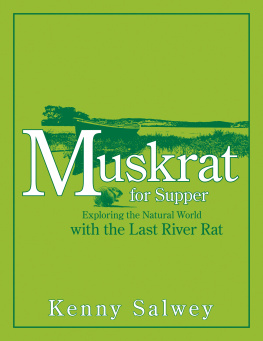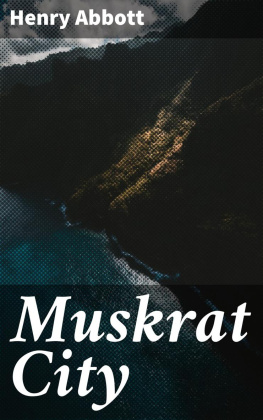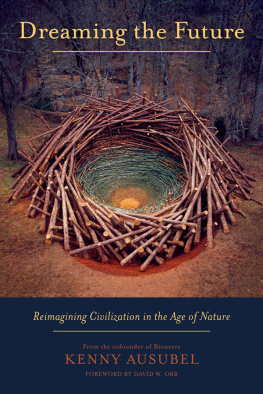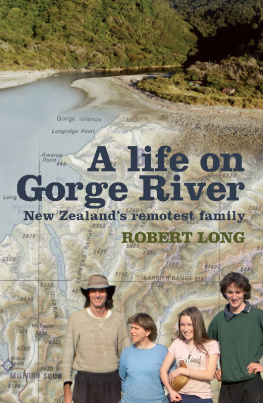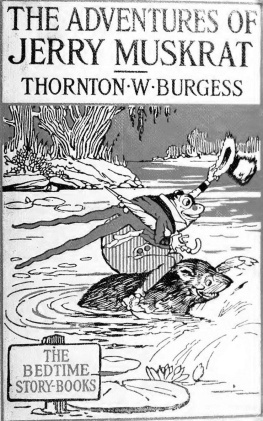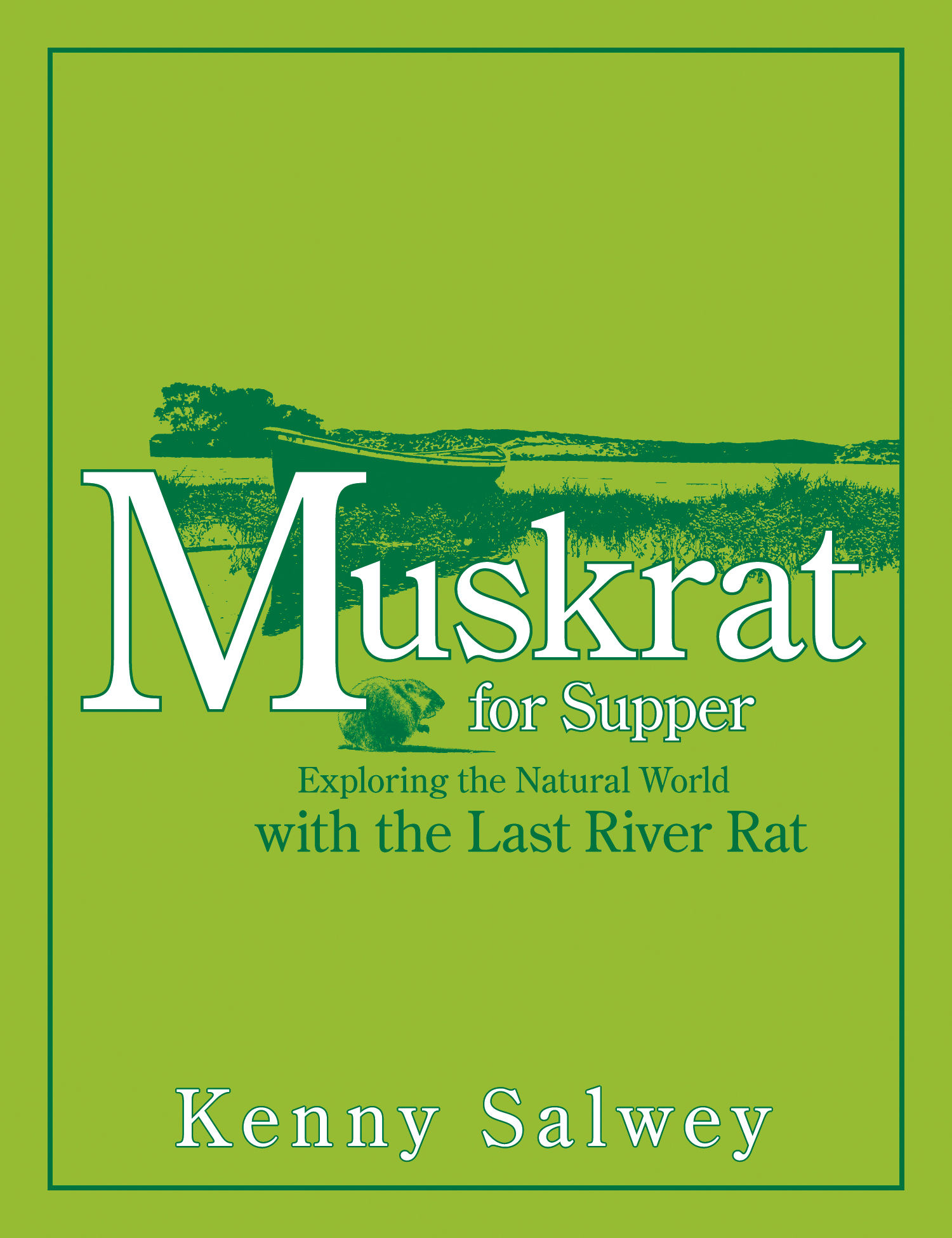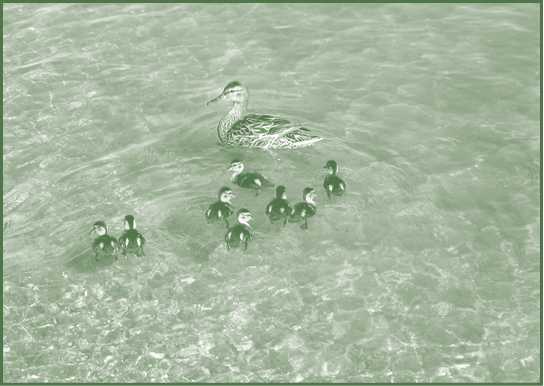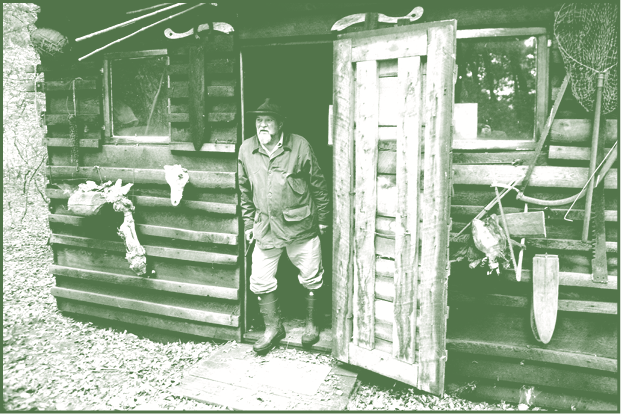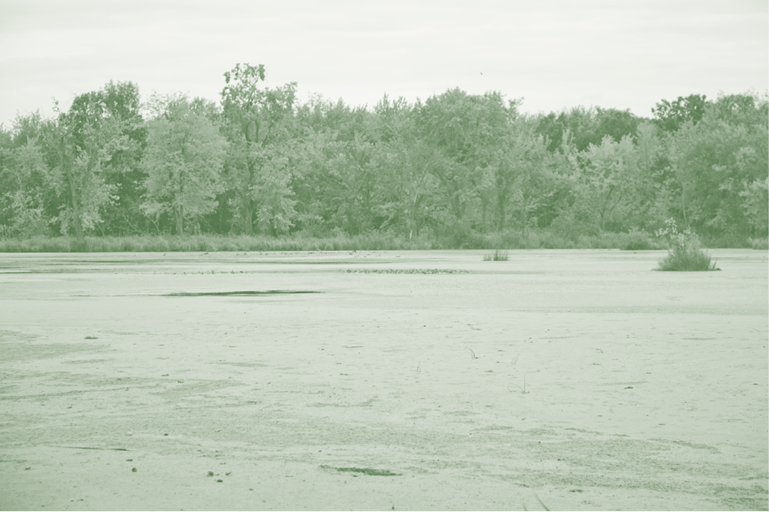Text 2012 Kenny Salwey
Photographs Jack Lenzo/Fulcrum: i, iii, viii, xiv, 1, 2, 3, 5, 7, 11, 15, 2223, 24, 25, 26, 29, 45, 47, 77, 80, 82, 105, 126, 144, 145; Flickr Creative Commons and the following artists: 416style: vi; Randen Pederson: xi, 48; szatmar666: xiii; Mike DelGaudio: 9 (canoe); Richard Hurd: 9 (geese), 39 (sandhill cranes), 42; Kristopher Volkman: 18, 92; Andy Leeman: 19 (canoe); Phelyan Sanjoin: 19 (tree); Bev Sykes: 32; woodleywonderworks: 34; Janine and Jim Eden: 37; Peter Shanks: 39 (tree); Pierre-Selim: 51; John Benson: 52; Heather Katsoulis: 55; Ir3127: 56; Dave Langlois: 58; Karen Roe: 63; gailf548: 66; www.huntfishguide
.com: 69; Andy Middleton: 72; Hugh Lee: 78; Martin Pettitt: 83; ted_rocket: 84; Paul Hamilton: 85; Jim Champion: 86; Gerry Thomasen: 88; Joshua Mayer: 91; West Point Public Affairs: 98; Ben Thompson: 100; Don DeBold: 102; Tom Brandt: 107; Danielle Scott: 110; Ben Dalton: 111, 114; nugefishes: 116; Col Ford and Natasha de Vere: 120; H Dragon: 125; Erich Ferdinand: 128; JelleS: 130; Walraven: 133; Dave & Margie Hill: 134; Tim Pierce: 137; Jeffrey Beall: 141.
All rights reserved. No part of this book may be reproduced or transmitted in any form or by any means, electronic or mechanical, including photocopying, recording, or by an information storage and retrieval systemexcept by a reviewer who may quote brief passages in a reviewwithout permission in writing from the publisher.
Library of Congress Cataloging-in-Publication Data
Salwey, Kenny, 1943-
Muskrat for supper : exploring the natural world with the last river rat /
Kenny Salwey.
p. cm.
ISBN 978-1-55591-567-4 (pbk.)
1. Muskrat--Mississippi River--Juvenile literature. 2. Natural
history--Mississippi River--Juvenile literature. 3. Mississippi
River--Environmental conditions--Juvenile literature. I. Title.
QL737.R666S35 2012
639.113579--dc23
2012002001
Printed in the United States of America
0 9 8 7 6 5 4 3 2 1
Design by Jack Lenzo
Fulcrum Publishing
4690 Table Mountain Dr., Ste. 100
Golden, CO 80403
800-992-2908 303-277-1623
www.fulcrumbooks.com
To all children:
You are the only hope for the future wellness of wild things and wild places.
May you always remain natures child.
A Note
from the Last River Rat
The following stories are all true. I have taken the liberty of creating some composite characters from the hundreds of schoolchildren and adults I have met, known, and talked with over the years, but in all cases, everything you read in this collection is based on fact, as well as my own recollections.
Kenny Salwey
A River Rat
Is Born
A crisp breeze picks up, and the group of friends wanders to the firepit and the campfire flickering there. The kids are drawn closer, holding their hands out to the small flames. Every now and then they look back at their parents in awe, as if asking, You used to do this all the time? The fresh air makes them feel alive and alert; they notice the squirrels playing in a nearby tree, the ducks puttering about across the water, the soft whistle of the breeze blowing through the woods . They listen intently as the river rat speaks of a time when he was their age.
The smoke drifts away on the homeless wind. The tales are spun
I grew up not too far from the river. I went to a little one-room country school , chewed the covers off of books, made paper airplanes out of the paper. Went away at seventeen and joined the army. Ended up in Fort Dix, New Jersey. Went to New York City on a weekend passI was in culture shock. Perhaps the busiest place in the world, 42nd Street and Times Square. Slick little country bumpkin, standing, mouth hanging open, eyes the size of silver dollars, didnt know they made buildings that tall and that there was that many people in the whole world, let alone one town.
Thats when it dawned on me that I shouldve been reading them books, shouldve been writing on that paper. I realized I missed something special and precious called education . My career opportunities were limited, so to speak.
So when my time was up, I came back to Buffalo County. I went into a place called Whitman Swamp and began to eke out a living the only way I knew howthe only skills that I knew were hunting, fishing, trapping, digging roots, collecting herbs . Some of my uncles were full-time river rats. My family was French Canadian; my father farmed on a little farm in the hills, but still supplemented it with hunting and fishing and trapping.
Even though I had some outdoors skills, I still had a lot to learn. An old-timer would come along when Id be out trapping in the winter and kneeling on that hard ice. Hed say, Put a boat cushion in your sled. Kneel on the boat cushion, not on the hard ice. Its bad on the knees. I thought, What does that old guy know? By the time I was fifty-three, I had two artificial knees. But I did listen to the old-timers a lot. They were secretive. They didnt say, Oh, come on son, Ill show you where you can catch the catfish; Ill show you where you can get lots of mink. You learn just by keeping the eating hole shut and the listening ones open.
j
Today, they call me the Last River Rat. That moniker, title, name was given to me when I wrote my first book, several years ago. Strangely enough, writers or authors a lot of times dont get to choose the title of their bookits done by the editors or publishers, and I had no knowledge of that. In fact, I dont even type. I cant use a computer. I write in longhand and always will, because Im computer illiterate by choice.
So Ill tell you, if I could, a little story about that, though there is no such thing as a little story when you are listening to a slow talker. However, when I began to write some columns for Big River magazine years ago, that wasnt the problem. It was a column; it wasnt a book. I could turn those in longhand and everything was hunky-dory, but when I decided to write a book, my wife, Mary Kay, said, You got to learn how to use a computer here, Buster, because these people are not going to like it. Its probably been twenty-five years since they had a longhand manuscript dropped on them. So, she said, theres a computer course at the local high school on Wednesday nights. You should go and learn how to learn to use a computer.
I said, Well, okay, Ill give it a try.
Now, a little background. Sitting Bull was a famous Sioux war chief, medicine man, pipe carrier, an elder. When his people were defeated, the government took him out on the prairie in South Dakota and said, Dont worry about it. We will give you all this land out here. Lookyou cant see the end of it. It is called a reservation; it will be yours, but you will have to stay there. We will teach you to be farmers, we will buy you these big horses instead of your Indian ponies, and we will buy you plows. Then we are going to build you little wooden houses, then you dont have to mess around with your big heavy teepees and moving them around all over.

